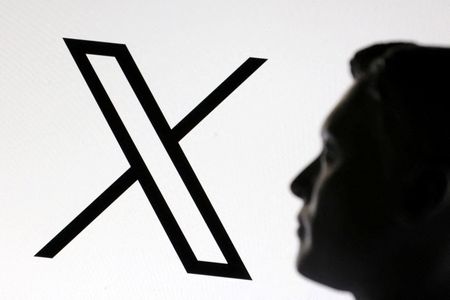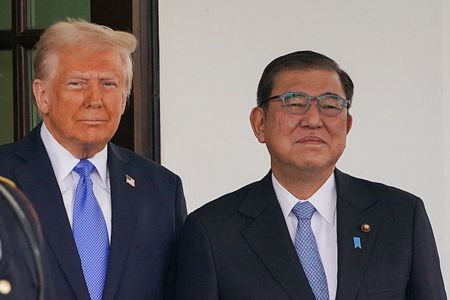By Eric Onstad and Kate Abnett
LONDON/BRUSSELS (Reuters) – The European Union will launch its joint purchasing platform for critical resources with hydrogen buying in September, three EU sources told Reuters.
Critical minerals purchases will follow, possibly in the third quarter, while gas will be the last with no firm timing, said the three sources, who declined to be named.
The bloc wants to pool buying orders to hand participants more leverage to achieve better deals for critical minerals, essential for the green transition, that are traded in thin and opaque markets dominated by China.
The EU chose PriceWaterhouseCoopers and a Slovak software company to develop its platform for joint purchases after a competitive tender, Reuters reported last month.
The idea grew out of an existing mechanism for joint buying of natural gas, AggregateEU, which was launched during the energy crisis in 2022.
AggregateEU will close at the end of March after a final round of matching buyers and sellers, and the new platform will take its place, the sources added.
Under AggregateEU, member states were obliged to bring certain volumes of gas demand to the platform. By contrast, the new joint purchasing mechanism will be voluntary, the sources said.
They added another difference would be that the deals will be reported, although the prices will not be included because they are deemed to be commercially sensitive.
Some industry sources have criticised the plans, saying just bringing together buyers and sellers was not very useful. The sources noted, however, EU legislation does not allow for EU purchasing and deal-making, only for matching supply and demand.
It is unclear how much gas has been bought under AggregateEU, since companies are not obliged to report this to the European Commission.
One of the sources said the new platform’s aim was to provide all the information needed to facilitate a deal.
“We do not plan to step in and replace the markets,” the source said. “We are trying to be the interface, providing a tool that would actually support the market.”
(Reporting by Eric Onstad and Kate Abnett; editing by Barbara Lewis)








